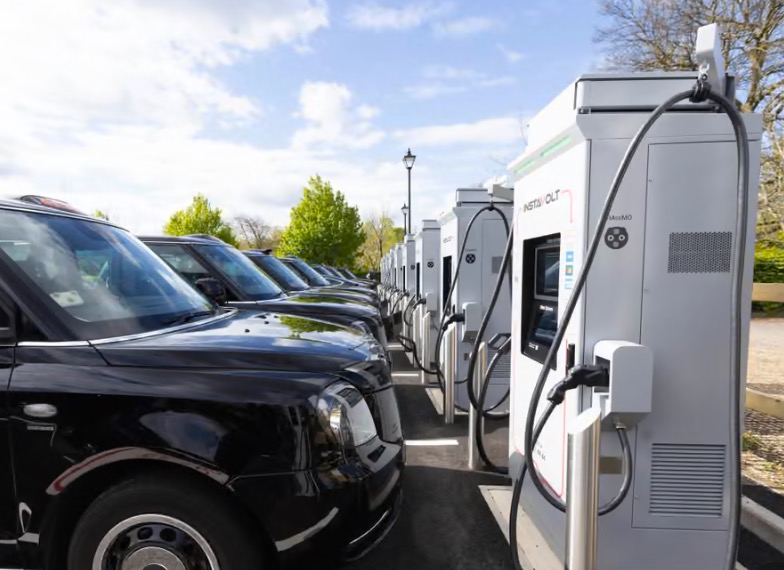Britain’s Electric Vehicle (EV) charging industry could face an unexpected £100m tax bill if government plans to impose business rates on public charging bays.
This prompted warnings that the costs may slow investment and push up prices for drivers.
ChargeUK, the industry body representing charging operators, said the proposal would see businesses paying rates on about 64,000 parking bays linked to public chargers areas that have not previously been taxed.
The group estimates the change could add up to £300 a year to some drivers’ charging costs if operators pass on the expense.
The Valuation Office Agency (VOA), which sets rateable property values in England and Wales, has told firms that EV charging bays will be added to rating lists from April 2026.
Business rates fund local services, but until now, only commercial buildings and land have typically been subject to the tax.
Industry leaders warned the move could jeopardise the rollout of charging infrastructure just as the UK tries to accelerate the switch to cleaner transport.
Ian Johnston, chief executive of Osprey Charging, said his company might close or delay projects in regions where EV adoption remains low. “Large, high-power hubs in the Midlands and North are already marginal,” he said.
ChargeUK disputed the VOA’s estimate that the impact would be only £25m, arguing that the agency underestimated the number of charge points affected and the average site rents. It also warned that bills could be backdated to April 2023, potentially doubling the initial charge.
The Conservative government previously exempted charging equipment from business rates in 2022, but the parking spaces themselves were not included. The industry is now urging the Treasury to extend that exemption in the autumn budget on 26 November to avoid what it calls a punitive new cost.
Vicky Read, ChargeUK’s chief executive, said: “This could be the straw that breaks the camel’s back for operators already facing high standing charges and VAT disparities. We need urgent government action to prevent this unintended setback to the UK’s net-zero ambitions.”
A VOA spokesperson said the agency was engaging with industry stakeholders but added, “We have a statutory duty to assess properties that meet rating criteria in line with legislation and rating law.”



